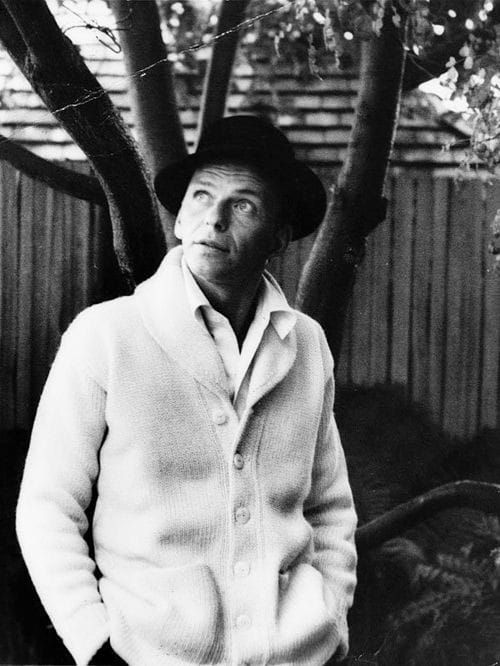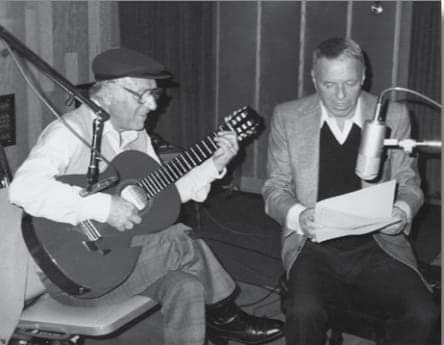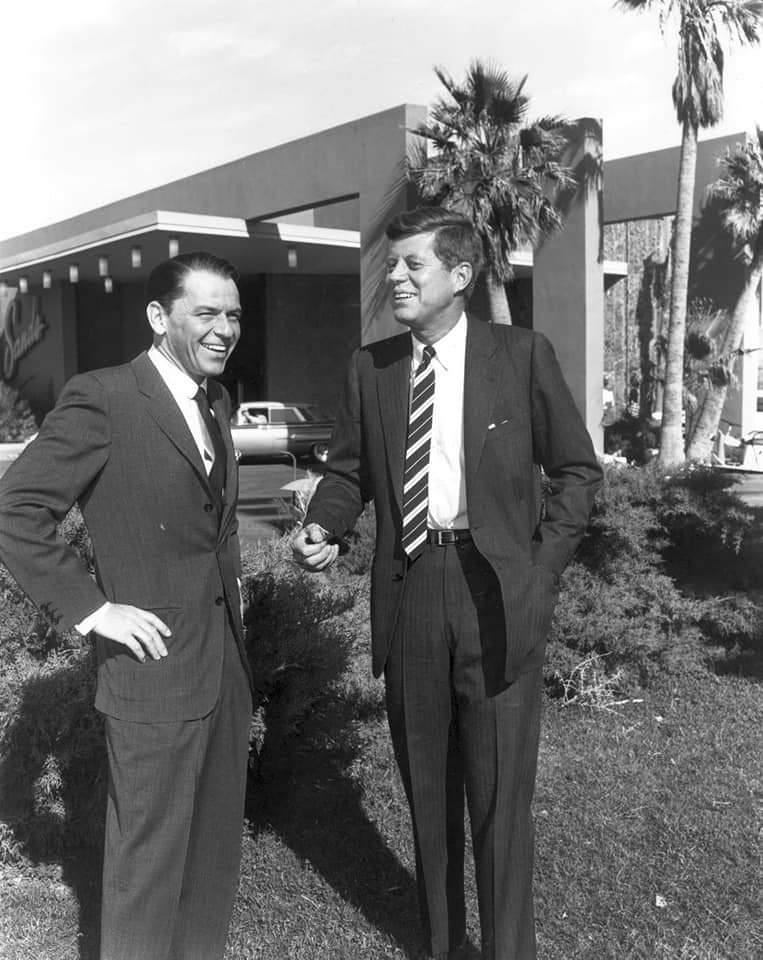
“In The Wee Small Hours”-70 Years of a Masterpiece, Chapter 5. “I Get Along Without You Very Well”
Repertoire – “I Get Along Without You Very Well”
“I Get Along Without You Very Well” (Hoagy Carmichael, Jane Brown Thompson, 1938)
Hoagy Carmichael adapted the verses from the 1924 poem “Except Sometimes” by Jane Brown Thompson, whose authorship remained unknown for years—even to Carmichael himself. He had received a copy of the poem while studying at Indiana University, signed only with the initials “J.B.” Years later, when he composed the song—whose melody is inspired by Frédéric Chopin’s “Fantaisie Impromptu,” Opus 66—Carmichael sought help in identifying the person behind those initials.
A longtime friend, popular radio commentator Walter Winchell, made an appeal on his program, and some time later, 71-year-old Jane Brown Thompson was located in a nursing home. She signed a contract that guaranteed her three cents for every copy of the song sold (equivalent to 66 cents in 2025), but sadly, Brown passed away before the song was ever released.
The piece is a heartbreaking attempt by the protagonist to move on after a breakup, telling himself that life goes on—even though everything around him is a bitter reminder of the one he loved. The first recording of the song came from the Larry Clinton orchestra, with vocals by Bea Wain, in February 1939.
The most successful version from that same year was by Red Norvo’s orchestra, featuring singer Terry Allen. Both were rhythmic and danceable renditions that completely hid the underlying sorrow.
In 1954, Chet Baker stripped the song of all artifice, laying bare its emotional essence:
*”I get along without you very well
Of course, I do
Except when soft rains fall
And drip from leaves, then I recall
The thrill of being sheltered in your arms
Of course, I do
But I get along without you very well
I’ve forgotten you, just like I should
Of course, I have
Except to hear your name
Or someone’s laugh that is the same
But I’ve forgotten you, just like I should
What a guy, what a fool am I
To think my breaking heart could kid the moon
What’s in store, should I phone once more?
No, it’s best that I stick to my tune
I get along without you very well
Of course, I do
Except perhaps in spring, but I should
Never think of spring
For that would surely break my heart in two”*
When it passed through Frank’s gut and throat, the song became a harrowing cry—unbearably beautiful—almost like a suicide note. Sinatra kept singing for adoring audiences around the world, recorded some of the brightest albums of his career, enjoyed the intoxicating lifestyle of a superstar and the touch of the most desired women.
But along the way, around every corner, the ghost of his broken relationship with Ava Gardner reappeared. And so it remained, until the end of his days.
Article written by Mahnuel Muñoz (Al Mal Tiempo, Frank Sinatra) https://www.facebook.com/groups/120950148274703/

If you want to visit more articles about the life of Frank Sinatra enter the following Sinatra Radio 24h link: https://sinatraradio24h.com/category/articles/
We remind you that you can also listen to Sinatra Radio 24 hours on your mobile phone by downloading our free applications for Android in the Play Store https://play.google.com/store/apps/details?id=sinatra.radio24h for iPhone in the Apple Store https://apps.apple.com/app/sinatra-radio-24h/id6599859344








